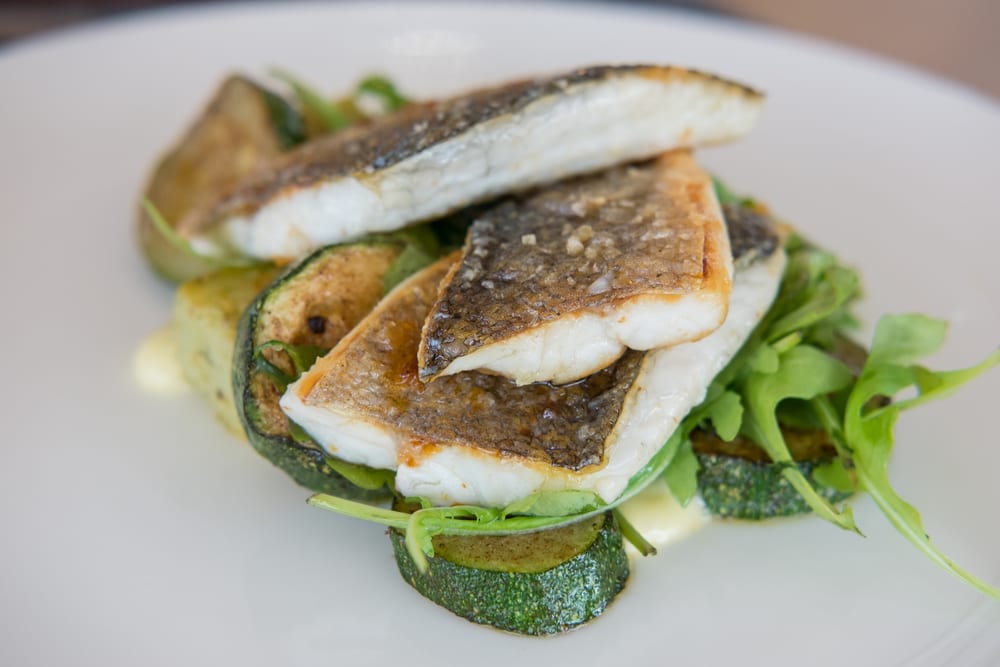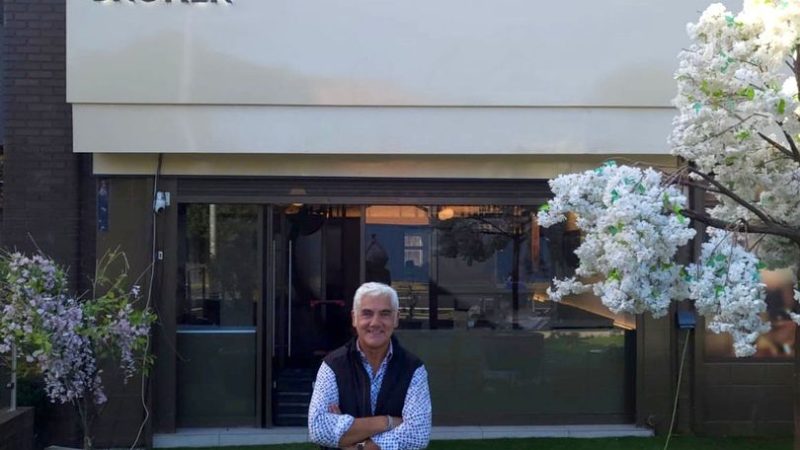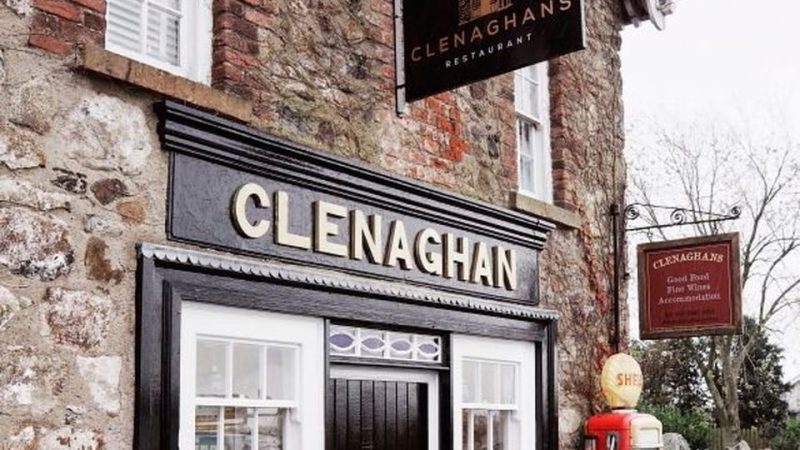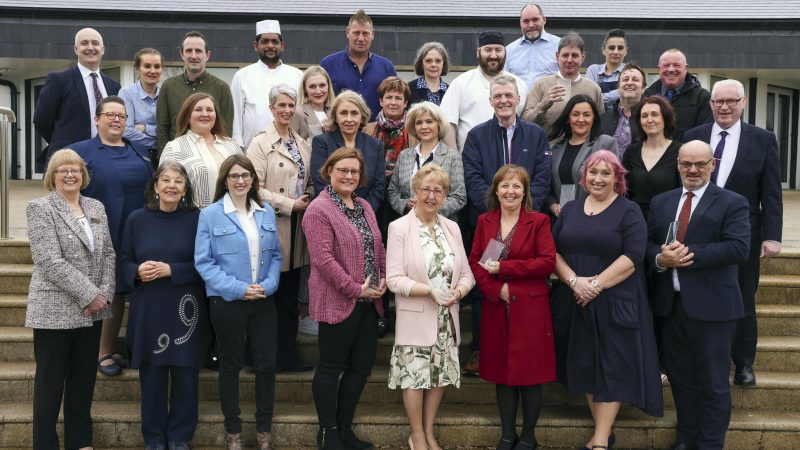Cut down on cod and salmon, urges MCS

Consumers are being advised to eat more herring, plaice and hake and to cut down on North Sea cod and Atlantic salmon.
The Marine Conservation Society (MCS) makes the suggestion in the latest edition of its 2019 Good Fish Guide – out this week.
The Society’s advice will be seen as a fresh attempt to ease the pressure on stocks of at-risk fish species in waters around the British Isles.
Here in Northern Ireland, the wild Atlantic salmon has strong cultural and economic significance – represented by the ‘Big Fish’ sculpture in Belfast – and legislation has been introduced to help halt its decline, particularly in the fresh water environment.
These measures are showing signs of improving the runs of fish back to our rivers, says the Department of Agriculture, Environment and Rural Affairs, but Atlantic salmon are still in a perilous state in both their marine and freshwater environments due to both environmental change and human activities.
In England and Wales, there are now no rivers in which stocks of salmon are meeting conservation targets and in Scotland, just 28 per cent of rivers are doing so.
Caterers and consumers are now being advised to seek stock of UK organic farmed salmon or fish from Scottish grade one rivers.
As for cod, there had been some encouraging growth in recent years, but stocks declined again last year and the chip shop favourite had its red rating reinstated. Seabass, however, is now off that list following a recovery in stock levels.
At the end of September, the Marine Stewardship Council removed its ‘blue tick’ certification for North Sea cod, sparking fears that it may eventually become harder to source the fish in the UK.
Those determined to serve cod have been advised to use fish from the north-east Arctic or Iceland.
Also to be avoided is the European eel. This is now a critically endangered species because of over-fishing, pollution and changes to its habitat. There are currently no sustainable options available for this species, warns the MCS.







